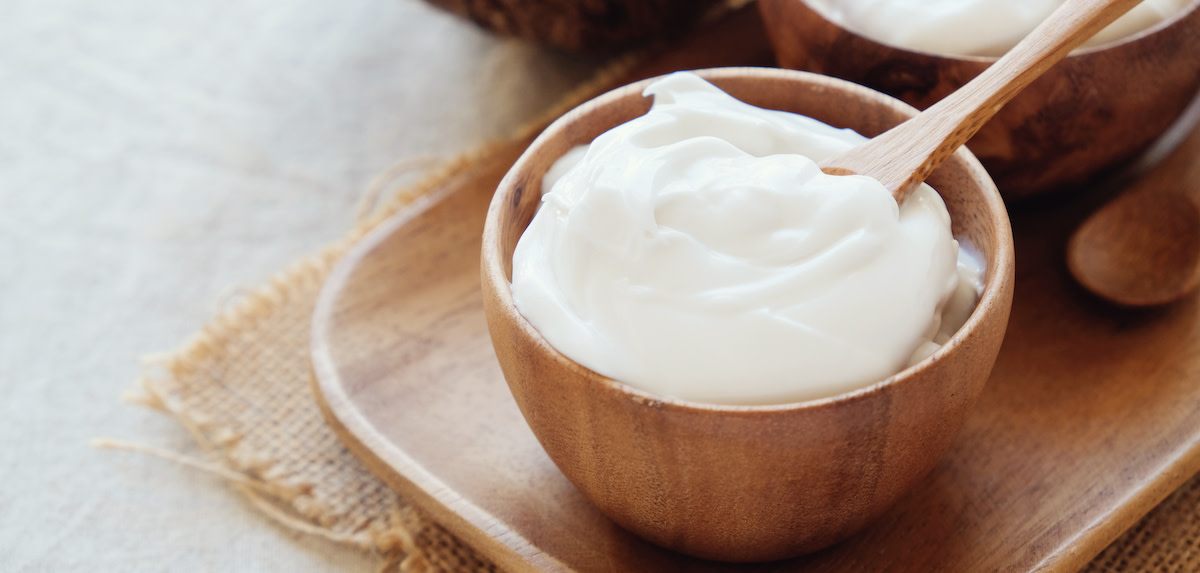Microbiome Health: Sleep, Gut Health and Your Microbiome
Written by MasterClass
Last updated: Jan 20, 2023 • 3 min read
The human microbiome is a community of bacteria, viruses, and fungi that live on and in the human body. Read on to learn more about the importance of maintaining a healthy microbiome from author Michael Pollan and sleep scientist Matthew Walker.
Learn From the Best
What Is the Microbiome?
The human microbiome is the ecosystem of microbes that live on and inside the human body, including bacteria, proteins, viruses, and fungi. Research by the Human Microbiome Project found the community of microbes in the human gut is more complex than the entire human genome and contains as many microbes as human cells.
“When you’re eating, you're not just eating for you, your body. You're also eating for the trillions of microbes that you share your body with, most of them in the gut—the microbiome.” — Michael Pollan
How Does the Microbiome Affect Health?
“We have learned in the last few years that the health of the microbiome is very closely tied to your health,” says author and food educator Michael Pollan. Here are some notable ways microbial communities can impact human health:
- 1. Brain health: Microbiome researchers say short-chain fatty acids in the gut microbiome create a link between the brain and the gut. Studies show gut health can affect your mood, cognition, mental health, and pain sensitivity.
- 2. Gut health: Bacteria such as lactobacillus and bifidobacterium provide critical gastrointestinal functions, like digesting fiber, enhancing metabolism, and regulating bowel movements. Microorganisms in your gut break down dietary fiber and produce short-chain fatty acids, microbial metabolites that impact nearly every aspect of your health. Healthy gut microbiota reduces the chances of developing Crohn’s disease, inflammatory bowel disease, and ulcerative colitis.
- 3. Immune system health: Certain gut microbes stimulate immune cells, helping protect you against pathogens and infectious diseases. Research suggests differences in the microbiome (as well as environmental factors and exposure to antimicrobial products) can impact a person’s immune response and susceptibility to certain diseases, including heart disease, diabetes, and cancers.
The Microbiome and Sleep
Neuroscience professor Matthew Walker points out diet is not the only factor impacting the human microbiome—sleep also plays a critical role. “What we’ve been finding,” he says, “is that, in people who report getting insufficient sleep, there is a change in the balance of the gut microbiome.” According to Matthew, analysis of gut microbiota from people who get insufficient sleep looks identical to those with health conditions like diabetes and obesity.
The reason for this imbalance, Matthew says, is cortisol overproduction. “Everyone needs cortisol,” he says. “It's part of a healthy biology. But if we have too much cortisol, it starts to act like a chronic stress-related hormone.” To maintain a balanced microbiome, you must get at least six to eight hours of sleep every night.
How to Improve Your Microbiome
Here are some tips for improving your microbiome:
- Add fermented and probiotic foods to your diet. Kimchi, yogurt, kefir, and sauerkraut are all probiotic-rich foods that can encourage the expansion of healthy gut bacteria.
- Eat a diverse range of whole foods. Eating plenty of whole grains, fruits, and vegetables is critical to a balanced microbial ecology. Whole foods help promote digestive enzymes in the gut and lower intestines.
- Get enough sleep. According to neuroscientists, a healthy microbiome affects cognitive function. Sufficient sleep, at least six to eight hours a night, can help bring balance to the microbiome and improve brain function. Get tips from neuroscientist Matthew Walker on improving sleep quality.
- Seek probiotic therapy. Although it’s rare, some people might require medical intervention, such as microbiota transplantation, to restore balance to their microbiome. Such treatments implant good microbes (commensal microbes) in the gut and intestines of those experiencing dysbiosis, typically due to antibiotic resistance.
- Take a daily supplement. Probiotic and prebiotic supplements can encourage healthy activity in your intestinal microbiome. Consult your doctor before taking them, as they might interact with other medications or complicate underlying health conditions.
Eat With Intention
See food like you have never seen it before. With the MasterClass Annual Membership, journalist and educator Michael Pollan teaches you how to determine your ingredient sources, shop at the grocery store, and rethink your relationship to food.
